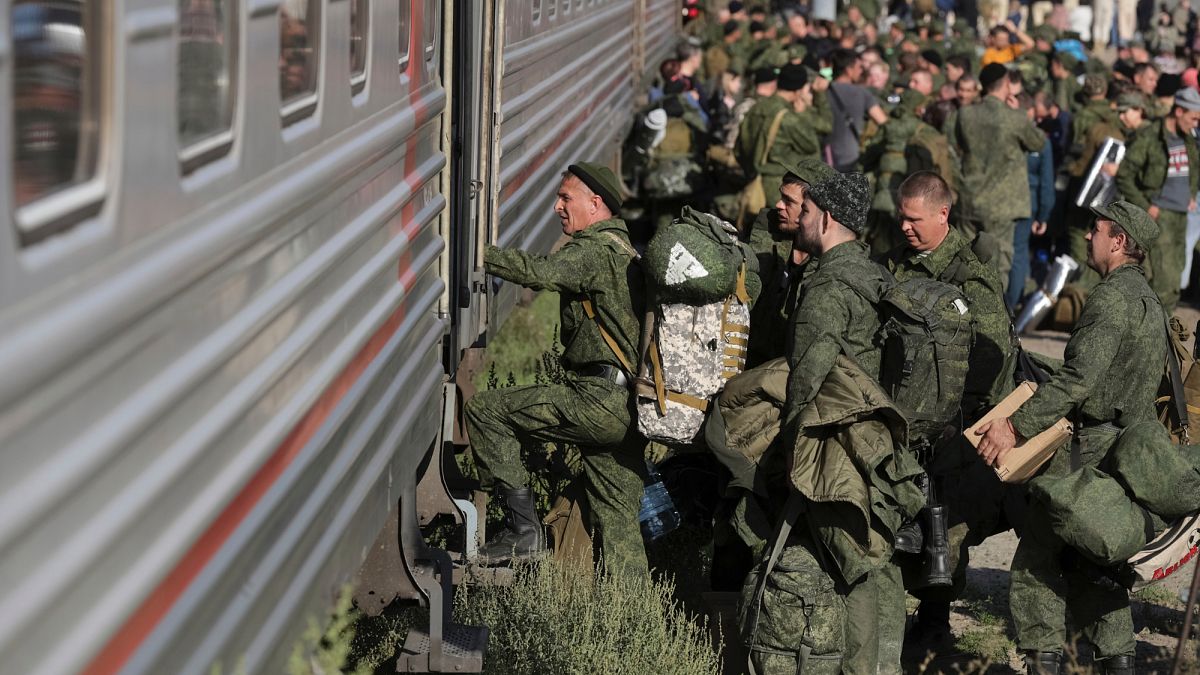

In recent days, a series of significant events have unfolded across various regions, touching on themes of military policies, regional conflicts, and international cooperation. This article provides a cohesive overview of these developments, guiding the reader through the shifting dynamics with a calm and clear voice.
In a notable move aimed at supplementing its military ranks without resorting to widespread conscription, Russia has adjusted its recruitment policies. A new decree now permits foreigners to serve in the Russian army even during periods of mobilization, rather than being restricted to states of emergency or martial law alone. The decision highlights Russia’s efforts to balance its military needs against the backdrop of ongoing challenges.
The Red Sea has seen a surge in maritime incidents, prompting concerns among global shipping entities. A Greek-owned bulk carrier, Eternity C, was recently attacked in the Red Sea, resulting in two injuries and two crew members reported missing. This attack, attributed to Houthi rebels, follows a purported earlier incident involving the sinking of another vessel. The situation underscores the strategically critical nature of the Red Sea as a shipping route and raises questions about the stability of regional maritime security.
In the United Kingdom, a court has delivered its verdict in a case that ties back to Russian geopolitical maneuvers. Three individuals were convicted of arson linked to the Wagner Group, a Russian paramilitary organization. British intermediaries reportedly recruited these individuals to target an industrial unit storing equipment intended for Ukraine. The case sheds light on the complex and often hidden networks of influence and interference that can impact international relations.
Amid these geopolitical developments, the Middle East continues to be a focal point of ongoing tensions. An Israeli report has brought to light grave allegations against Hamas, accusing the group of utilizing sexual violence as a tactic in its 2023 conflict against Israel. These findings, based on testimonies from survivors and firsthand accounts, illustrate the harsh realities of modern warfare and the profound impact on human lives. Concurrently, Gaza’s health system is facing overwhelming challenges due to casualties sustained during aid distributions, further exemplifying the region’s humanitarian needs.
In the United States, the intricacies of international military support are under scrutiny. Ukraine is actively seeking clarification on the sudden policy reversal concerning American military aid. President Donald Trump announced a resumption of weapons deliveries shortly after they were halted by the Pentagon. For Ukraine, the emphasis is on ensuring stability and continuity in receiving critical military support, particularly air defense systems, as they navigate their conflict with Russia.
Through these varied yet interconnected developments, the global landscape reflects a tapestry of complexity and transition. As countries navigate these circumstances, the importance of diplomacy, strategic decision-making, and international cooperation comes into sharp relief. The world watches closely, hopeful for paths that favor peace and stability.
Source: {link}
